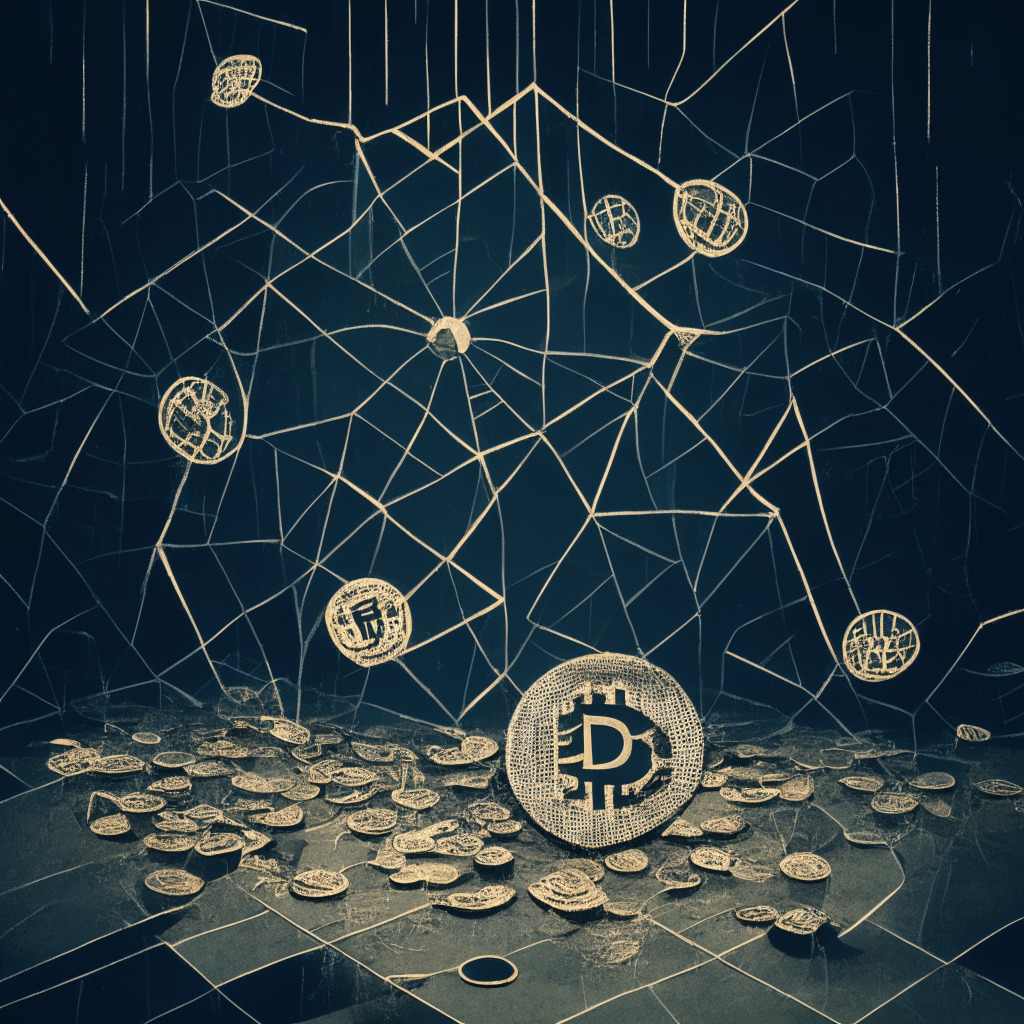The future of cryptocurrency regulations remains as volatile as the market itself. The latest twist in this enduring saga comes in response to a July 13 ruling by the U.S. District Court, which asserted that Ripple Labs was within its rights to sell its XRP token on crypto exchanges like Coinbase, a ruling that incidentally saw robust performance from Coinbase shares.
However, this ruling, which nuanced between institutional sales and retail investor sales on crypto exchanges, was met with strident opposition early this week from none other than U.S. District Judge Jed Rakoff of the Southern District of New York. Rakoff contends that this distinction is a misinterpretation of the Howey test.
His dissent could potentially tangle up Coinbase’s legal case against the SEC. Particularly striking was Rakoff’s assertion that the Howey test doesn’t discern between buyers at all. This could indeed bear weighty implications for the future of crypto exchanges and the scrutiny they might fall under.
The Howey Test, for the uninitiated, is a yardstick employed by the U.S. Supreme Court to ascertain whether a financial transaction qualifies as an investment contract. Such a classification automatically renders the transaction a security under the law.
This legal entanglement does not end here. Coinbase has another line of defense against the SEC, it hinges on the major questions doctrine, a precedent set by the Supreme Court that restricts agencies from overreach. Terraform Labs used the same defense in their case, however, Judge Rakoff rejected the applicability of this doctrine, thereby possibly weakening Coinbase’s litigation tactics.
Amid these legal skirmishes, investment bank Berenberg retains its hold rating on Coinbase shares with a pessimistic $39 price target; it views the stock as shaky for short-term investment. Although Coinbase shares took an 8% hit recently, their overall performance this year is still up by an impressive 155%. Moreover, the crypto giant is set to disclose its Q2 earnings soon.
In conclusion, this ongoing legal saga underscores the complexity and uncertainty of future cryptocurrency regulation, as two judges interpret the law differently. This speaks volumes about the intricacies in the emerging world of digital currencies and holds in its wake potential changes for how transactions are scrutinized, affecting investors and companies in this space alike.
Source: Coindesk




